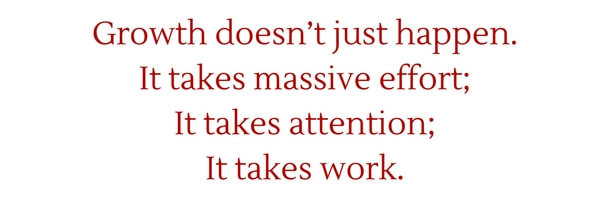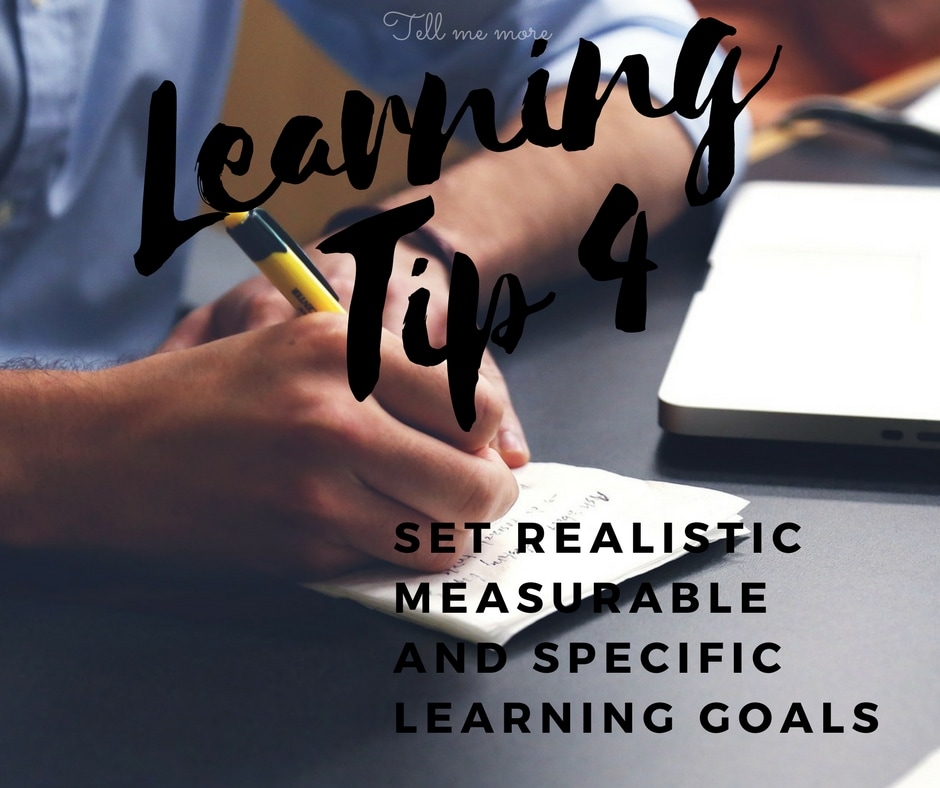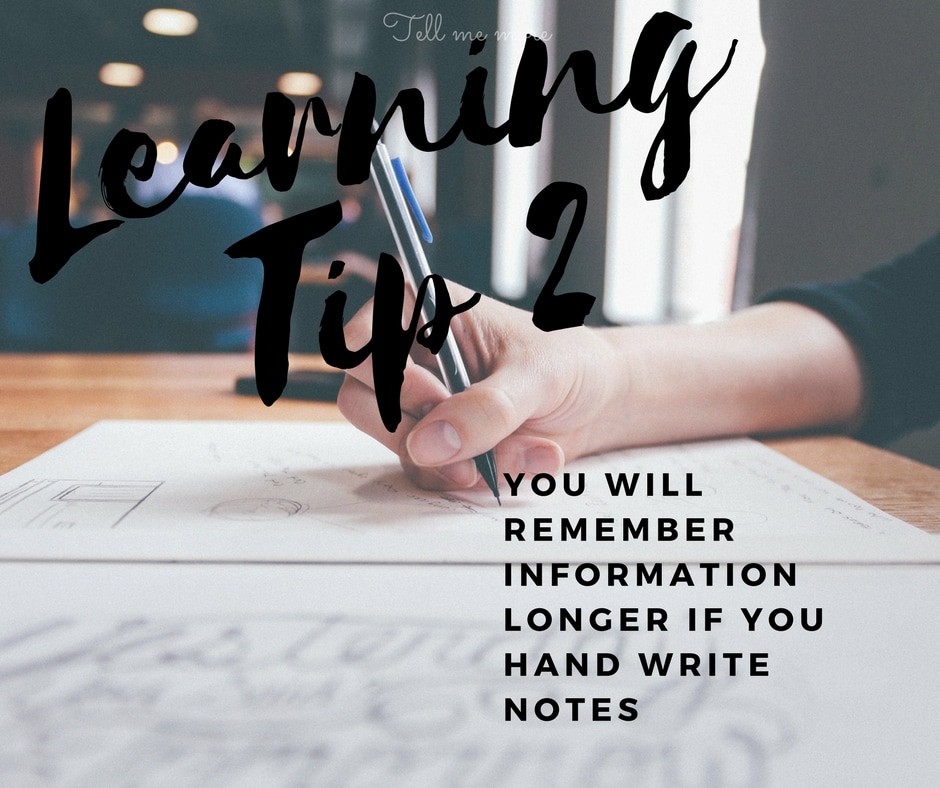|
How to improve your writing?
If you want to improve your writing you need to ... read more!!!! Yes, you heard me me alright. You will not improve your writing by writing more. You need to spend more time with well-written texts- make notes of interesting collocations and structures and then try to apply them into your writing. Think before you speak. Read before you write :) How many times have I heard a student saying:
”Well, I don’t know but, I guess it doesn’t work for me.” or “I was so busy last week that I couldn’t do the task.” I usually hear these kind of excuses from the lazy and sloppy ones. And in all honesty, I can tell you that I hardly ever hear them from conscientious, hardworking and … yes, successful students. Consistency is a key to success; especially in learning a foreign language. Think how you obtained your mother tongue. How many times you heard a word from your parents; how many times you repeated it and how many times you failed in getting your message across. And yes, you’re right saying that we acquire our first language differently to a foreign one. But, in both cases, there’s a lot of repetition involved. It might be a repetition of single words or chunks of them; shorter or longer utterances. Diligence can do wonders. Do a bit; but do it every day! Don’t procrastinate, don’t wait for your deadline and stop making poor excuses to your teacher and to YOURSELF. Keep on keeping on every day; be diligent in your work and I can guarantee you will see your results. I can’t imagine doing anything successfully without setting a goal at the first place.
For many people knowing the English language is a goal. But this is not enough for the whole process of learning a language.“Knowing” is ambiguous. What does it mean that you want to know English? Does it mean that you want to be able to communicate effectively or does it mean that you want to read, understand and recite Shakespearean poems or be able to write and understand legal agreements? We’re all different, and we have different needs and priorities. That’s why our learning goals also should be different. But first of all, no matter what they are, we need to understand that setting them is imperative to our success as language learners. Setting goals gives you long-term vision and short-term motivation. It helps you to organize your time and your resources so that you can make the very most of learning. How to set your goals then? First of all, they need to be realistic and specific. If you have been a learner for a long time you’re probably aware of your learning style and pace - use this information to your advantage. For example, if you know that learning 50 new words usually takes you about 3 hours, and you can spare 1 hour a week on learning new vocabulary - setting a goal of learning 200 new words in a month might be a daunting challenge. On the other hand, learning 20 new words in a month, would not be a challenge for you at all. So, my idea is to write down your learning priorities- vocabulary, language structures etc that you would like to know in a year time. Then, every month set a different goal - but make it measurable, specific and realistic. Plan your progress and boost your motivation by setting and achieving the right goals. Example March- learn 50 phrasal verbs (by the end of March - I will know 50 phrasal verbs - I will be able to write them correctly, pronounce them correctly and use them in sentences- I will use my Quizlet set to practise them, and on 31.03 I will take a final test) Other examples April - watch 3 movies in English without subtitles May - learn 10 new words for the things that you have in a bathroom June - write 1 email every week and ask somebody to proofread it I believe the need to have a grammar book will come sooner or later. And the sooner it comes, the better!
We all like to be engaged in communicative activities and leave the boring grammar behind. But truth be told - such an approach seems to be a bit deceptive. We need grammar to communicate effectively and we need grammar to be more confident in our communication. I know that doing grammar exercises might not necessary be your cup of tea. But ... there's no other way! Learning a language is fun, but it is also hard work. As they say - "No pain, no gain". It's high time you got yourself a good grammar book. * I personally recommend the Grammarway series - have a look here. Handwriting is is an effective way of training the brain.
It involves visual perception and motor function and as a result it activates the information for memory retention. At the top of that handwriting is an important memory tool for learning afterwards – you can Increase your memory by as much as 70 percent when you go through your notes within 24 hours. You can arrange your notes by using mind maps to help you remember facts. This is an excellent way of visualizing how various bits of information fit into a general structure. Twitter is excellent for learning English.
You can create your account quickly under any kind of nickname you want. And you can start following people or organisations whitin your scope of interest - of course with tweets in English. When sth grabs your attention you can follow the link and read more. But more than often, you read small chunks of everyday language - which helps you to sustain your level. I truely recommend to give Twitter a go, even if you are not into social media at all. |
AUTHORWritten by Agnieszka Kansy Categories
All
Archives
June 2024
|







